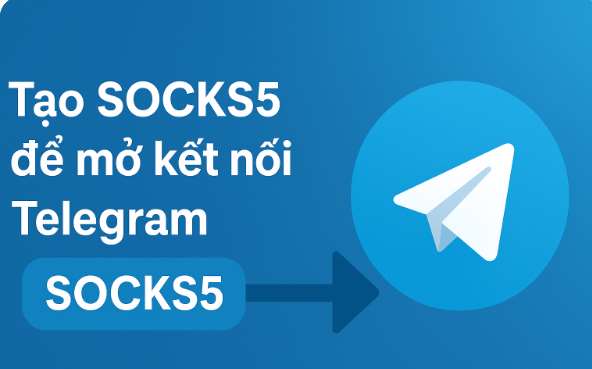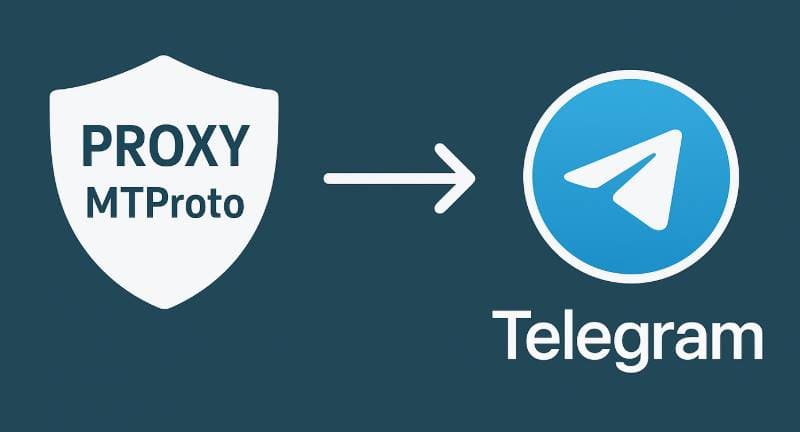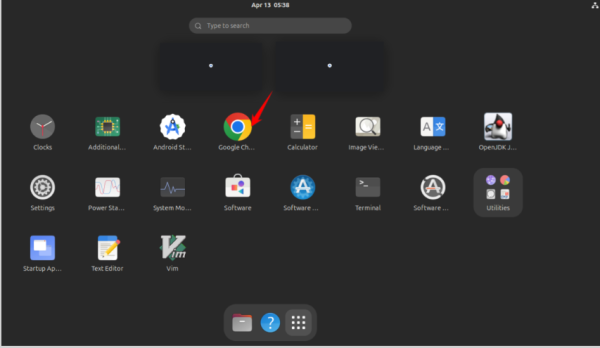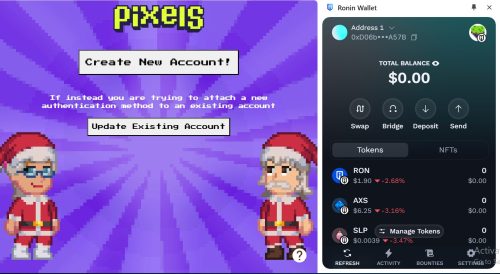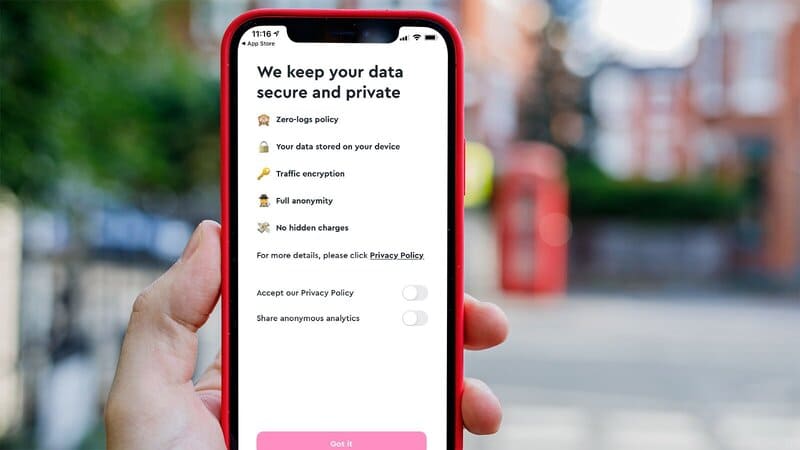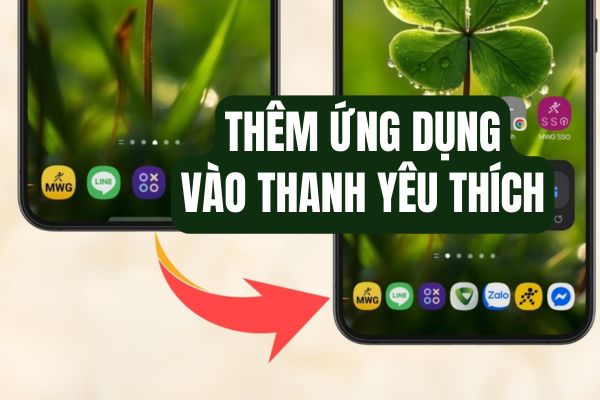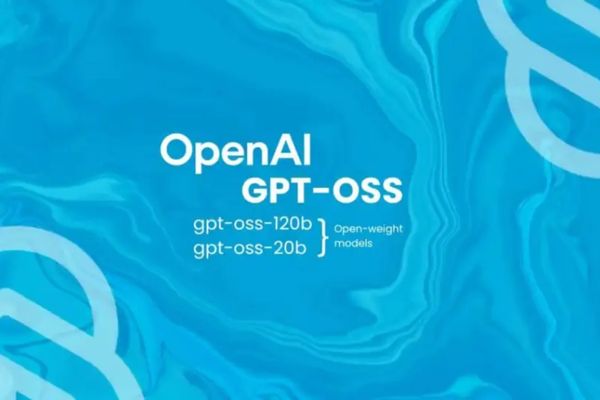VPN protects your privacy, but can anyone still access your data? And what information can they actually see? This article is the answer to whether using a VPN is safe?
| Join the channel Telegram of the AnonyViet 👉 Link 👈 |
In exchange for convenience, many of us are willing to trade our privacy. However, many people are starting to realize how valuable their data really is. So, more and more people are investing in VPN for safety and privacy. So who can see your data when you use a VPN? And what exactly can they see?
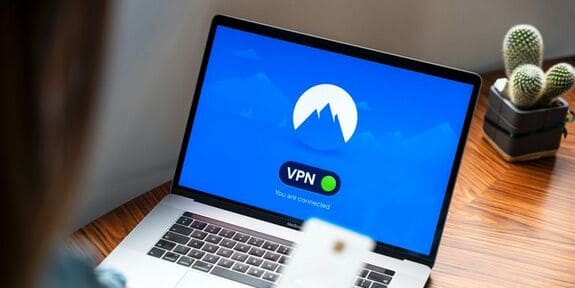
What is VPN?
A virtual private network (VPN) creates a private connection by hiding your IP address. VPN protects you by hiding your browsing history, location and device from Hackers. By encrypting your data and using an IP address that isn’t yours, you can browse the web more securely than without using a VPN.
While this is a step towards improving user privacy, VPNs are far from perfect. VPNs still have limitations that you should consider to protect yourself.
Three types of data logs while you’re connected to the VPN
Before getting into the details of who can see your information, it’s important to know the types of data collected by a VPN.
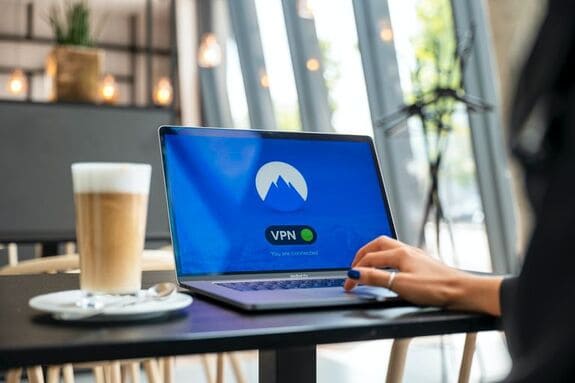
VPN providers have different policies regarding the amount of data they can save from their users, so be sure to read the terms of use carefully before downloading or purchasing a VPN.
Depending on the country, different territories have specific laws regarding data retention. For example, despite the claims on their websites, VPN providers based in the US or the European Union will be required by their specific regulatory authorities to record your data.
There are three main types of data a VPN can log: usage logs, connection logs, and no logs at all.
Usage logs contain information such as the websites, apps, or devices you use. The connection log will include your real IP address, VPN IP addresses to which you have permission to access and use data. Finally, some VPN providers won’t log anything.
With this, we know that while most VPNs are secure, they are not completely private. You should check your VPN information before downloading.
But who exactly can see your data, even when using a VPN?
Who can see your data when using a VPN and what can they see?
While useful as a first line of defense for data safety, a VPN doesn’t make you completely invisible or untraceable on the internet. There are different ways to track you, and they can see your other personal information besides your IP address.
Here are some services that can still see your data when you’re connected to a VPN.
Internet Service Provider (ISP)
Without a VPN, internet service providers will have access to everything you do while you’re online.
While using a VPN helps to hide your information, your ISP can still see your connection logs – the VPN’s encrypted server IP address, time spent, and even traffic volume to and from your device.
Search
Even with a VPN, many search engines can still crawl about you because you’ve allowed it to use a unified profile.
For example, VPN users who log into their Google account while using the Google search engine will have their search history data saved. Although Google currently offers VPN service with Google One, its reliability is not guaranteed.
Social networking site

Similarly, staying logged in to social networking sites like Facebook can be used to get your browser information.
In fact, the same is true for all the websites you used to log in using your social media accounts. Regardless of your IP address, advertisers can still access data associated with your social media accounts.
My company
If you think that a VPN can keep your browsing history secure, you are wrong. Companies with strong IT policies will manage employees’ computers as well.
Even though you’re not in the office, your boss still has the authority to oversee activity that may be against company policy. For example, sending sensitive material, watching piggy movies, or downloading pirated content harms the company’s security team. Many companies also have access to your device and can see your browsing history.
Law enforcement agency
Law enforcement agencies can’t track the data directly, since it’s encrypted by the VPN. However, they have different ways of accessing your information. If you are suspected of engaging in illegal activity or criminal behavior, authorities may request logs of your connection from your ISP to learn about your VPN provider.
Law enforcement can then ask the VPN provider for your data. If your VPN provider doesn’t have a strict policy on logging, they will need to comply and turn over your information.
How to protect yourself

When using a VPN, the traffic between your VPN server connection and your final destination remains unencrypted. While tracking actions from your VPN IP address can be harmful to you, other interactions in the process can still occur. Remember, there are different ways to track your surfing, online activity.
Also, not all VPNs are created equal. A “fake” VPN can be as dangerous as not using a VPN at all. When choosing a VPN, check that VPN’s data policy. While VPNs do a great job of increasing security online, they don’t completely guarantee your privacy.
You will still need to exercise caution and follow the instructions internet safety procedures. There is no better alternative than creating strong passwords, using a private browser, scanning for malware regularly, and avoiding clicking on phishing emails.

